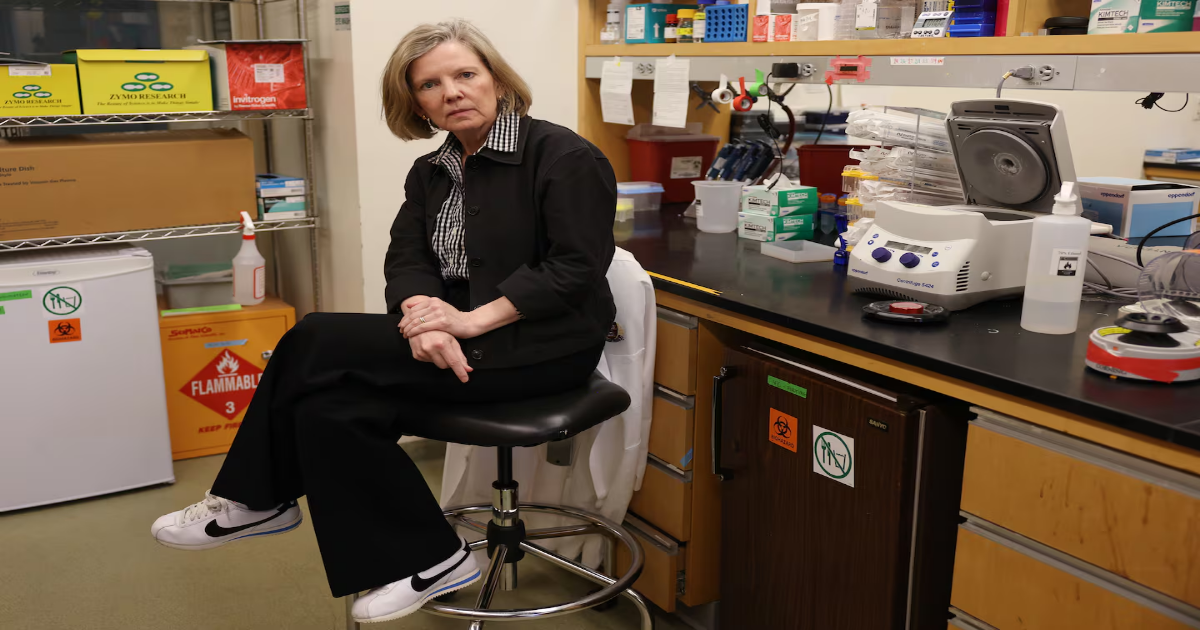The consequences of the order will be felt immediately. Fortune can no longer distribute funds to her collaborators at other universities and she must cease using federal money for any purpose related to the study. That means scientists may have to be laid off.
Researchers may also have to kill a number of macaques, a type of primate, being used in a vaccine study at the University of Pittsburgh that is funded by the Harvard contract. Killing the animals may be necessary, Fortune said, because they are no longer allowed to use federal funds to feed and care for them.
“The macaques, can you believe, they’re so precious. It’s such a heavy responsibility to work with them and to just be asked to kill them halfway through the study…” Fortune said, trailing off.
“Anybody who has animal studies ongoing…is looking at killing the animals” if funding is cut, Fortune said.
Fortune is one of many researchers across the Boston area grappling with what the Harvard funding freeze may mean for their livelihoods and their science. When the task force announced the freeze Monday night, it was not immediately clear which research projects would be affected. Fortune’s stop-work order is the first indication of what funding is being cut.
In an interview last week, Fortune described the multi-site tuberculosis research as the most significant work of her career. Joel Ernst, chief of the division of experimental medicine at the University of California San Francisco and a member of an external board that advises the NIH on tuberculosis research conducted under Fortune’s contract and two others, called the work “unparalleled research” that “very quickly translates to designing vaccines to provide protection and immunity to control the global tuberculosis pandemic.”
That research is now at risk. Nevertheless, Fortune said she supported the decision of Harvard’s leaders to defy the Trump administration’s demands. “I feel better about going down on the right side of this action,” she said.
Fortune is a researcher at the Harvard T.H. Chan School of Public Health.
When the antisemitism task force announced on March 31 it was reviewing nearly $9 billion of federal grants and contracts tied to Harvard, it said those funds were destined for the university itself and also its affiliated institutions, such as research institutes and Boston-area teaching hospitals.
Since then, researchers and hospital leaders have wondered whether their institutions would be affected by the confrontation between the Trump administration and Harvard.
When the task force announced the funding freeze Monday night, it said in a press release that the frozen funds would include “$2.2 billion in multi-year grants and $60M in multi-year contract value to Harvard University.” A spokesperson declined to elaborate.
Fortune said it appeared to her that only funding for the university itself was targeted in the freeze.
In a message to staff Monday night, Anne Klibanski, president and CEO of Mass General Brigham, a Harvard-affiliated hospital, said: “The impact of the federal investigation to Mass General Brigham and all Harvard Medical School teaching hospitals remains unknown.”
Spokespeople working with the task force did not immediately respond to a request for comment.
Mike Damiano can be reached at [email protected].
